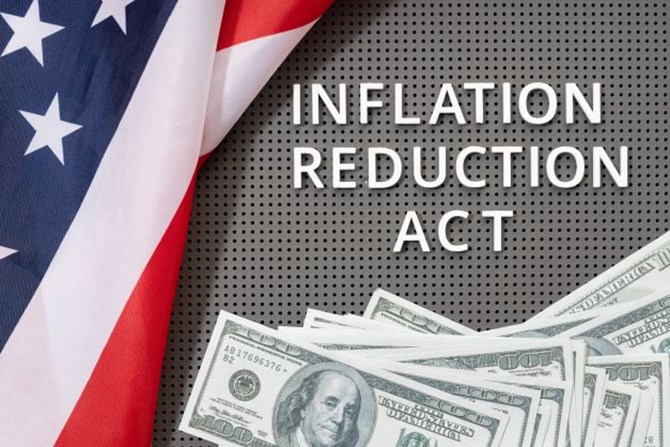Inflation Reduction Act: Healthcare Provisions
Client Alert
On August 16, 2022, President Joe Biden signed into law the Inflation Reduction Act (the “Act”), a landmark climate, healthcare, and tax bill. Though the Act’s climate provisions have received most of the media attention, the healthcare aspects of the Act present some of the most significant changes to the American healthcare system since the passage of the Affordable Care Act. Below is a summary of some of the most important healthcare aspects of the Act and how Ohioans will be impacted based on a state-specific impact report from the White House:
- Negotiation of Drug Pricing: For the first time, the U.S. Secretary of Health and Human Services will be required to negotiate directly with drug manufacturers over the price of some of the highest-cost drugs. This negotiation process is designed for drugs that have experienced a market failure; those drugs that have been approved by the FDA for at least nine years (or 13 years for biologics), have no approved generics or biosimilars, and are one of the 50 most expensive drugs on the market. Starting in 2026, the government will be able to negotiate the price of a small number of Part D drugs. The number of negotiable drugs will increase each year, and Part B drugs will become eligible for negotiation in 2029. As a reminder, Part D is the outpatient prescription drug benefit offered through private companies to anyone with Medicare. Part B is the Medicare outpatient benefit and covers drugs that would be administered by a healthcare provider in an outpatient setting or through durable medical equipment at home. Some drugs are covered under Part D and Part B but, generally, Part D plans cover a much wider array of drugs. If drug manufacturers choose not to negotiate at any time, they will be subject to an excise tax. Additionally, to prevent disincentivizing pharmaceutical companies from funding research and development for new drugs, new drugs coming to market will not be eligible for negotiation.
- Prescription Drug Inflation Rebates: To better regulate the rate at which drug prices increase, the Act requires drug companies to pay a rebate to Medicare for certain Medicare Part B & D drugs when the price of a drug increases faster than inflation. If a manufacturer does not pay the mandated rebate, they shall be subject to a civil monetary penalty of at least 125-percent of the rebate amount for that calendar quarter.
- Cap on Out-Of-Pocket Spending: Starting in 2025, the Act will establish a $2,000 annual cap on out-of-pocket spending for Part D plans. The cap includes a patient’s deductible.
- Limit on Monthly Cost-Sharing for Insulin Products: The Act limits monthly cost sharing for insulin products to $35 per month per prescription for people with Medicare Part D plans starting 2023. The original version of the Act contained a provision that would have limited cost-sharing for insulin to commercially insured patients as well. However, that provision was struck in the Senate and did not make it into the final version of the bill. The White House report shows that 140,000 Ohio Medicare beneficiaries used insulin in 2020.
- Extending ACA Subsidies: The Act would extend for three years (until 2025) the enhanced Affordable Care Act premium tax credits Congress passed last year as part of the American Rescue Plan Act (ARPA). If the Act had not passed, premiums would have increased by over 50-percent per year. Right now, about 260,000 Ohioans with ACA coverage are saving an average of about $810 annually from the ARPA subsidies that the Act continues.
- Increasing Access to Adult Vaccines: To increase the rate of vaccination for adults, the Act requires coverage of certain adult vaccinations under the Medicaid and CHIP programs in addition to eliminating or reducing cost-sharing for these vaccines. Additionally, zero coinsurance will apply for vaccines recommended by the Advisory Committee on Immunization Practices under Medicare Part D. About 181,000 Ohio Medicare beneficiaries received a Part D vaccine in 2020.
The ramifications of the full Inflation Reduction Act will be apparent over the next 5-10 years as each provision becomes effective. According to projections from the Department of Health and Human Services (HHS), the White House did report that about 55,000 more Ohioans will have health insurance next year compared how many would have insurance without the provisions in the Inflation Reduction Act.
BMD Healthcare attorneys will continue to provide updates on how each part of the Act is implemented and how providers will be impacted. For questions, please reach out to Daphne Kackloudis at dlkackloudis@bmdllc.com, or Ashley Watson at abwatson@bmdllc.com.